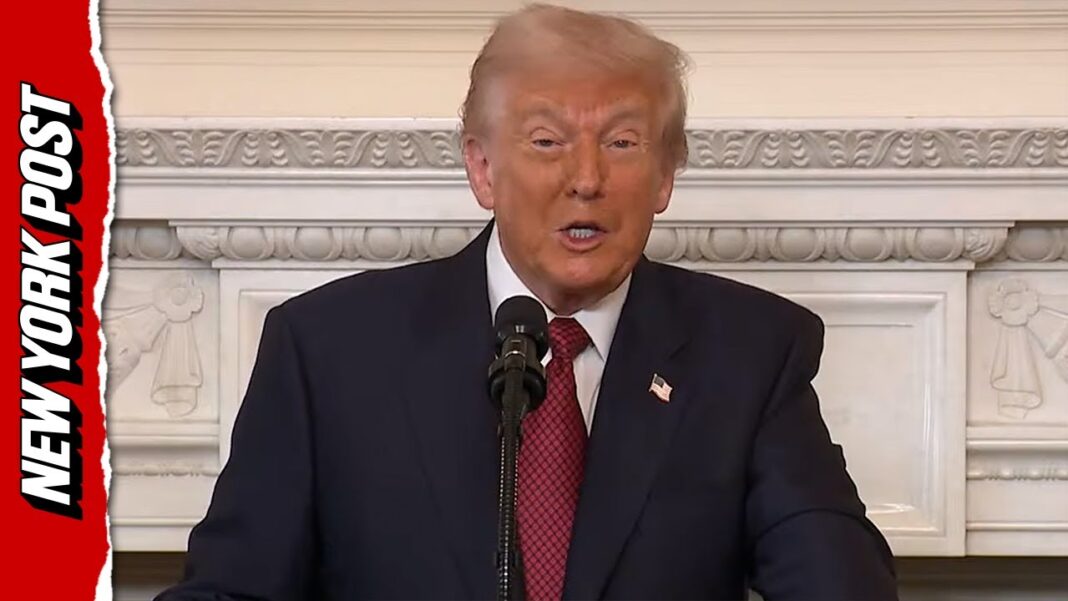Other propositions of note included one codifying parental rights and one banning inheritance taxes from being imposed in the future.
Texas voters approved several key constitutional amendments that ban noncitizens from voting, codify parental rights, and protect future generations from an inheritance tax.
The three propositions—16, 15, and 8—were part of 17 ballot measures to change the Texas Constitution that voters considered on Nov. 4.
Proposition 16, “clarifying that a voter must be a United States citizen,” grabbed the most voter interest. The measure passed overwhelmingly with 75 percent voting in favor.
Likewise, Proposition 15, “affirming that parents are the primary decision makers for their children,” was popular among Texas voters, with 71 percent voting to approve the measure.
U.S. citizenship is required to register to vote in Texas, but Proposition 16 will prohibit local governments from allowing foreign nationals to vote in local elections. The measure follows similar legislation passed in other Republican-led states such as Arizona, Louisiana, and Ohio.
Opponents have called Proposition 16 unnecessary, but supporters believe it is needed because of the millions of illegal immigrants who flooded into the country during the Biden administration.
Gov. Greg Abbott took to X in May to voice his approval for the election integrity measure.
“This Joint Resolution proposes a constitutional amendment that makes it crystal clear that if you are not a United States citizen, you’re not allowed to vote in Texas,” he stated.
Critics such as Progress Texas, a left-wing group that supports racial equity, called the proposition an “inflammatory response” to immigration policies in the state. Voting against the measure would protect the state Constitution from being used to “propagate xenophobic rhetoric and policies,” according to the group’s voter guide.
In Houston, a blue stronghold in a red state, many voters didn’t support the measure.
Jay Reed said Proposition 16 was unnecessary.
“No one illegal is coming out here voting. If they did, ICE would be out here,” he said.
Arianna Flores, a college sophomore who voted, didn’t support the proposition banning a future death tax. She said it would create a larger wealth gap than already exists in the country.
Phil Yeh, who moved to the United States from Taiwan in 1989, approved of allowing only American citizens to vote in state elections.
“That is common sense,” he said. “We pay taxes.”








